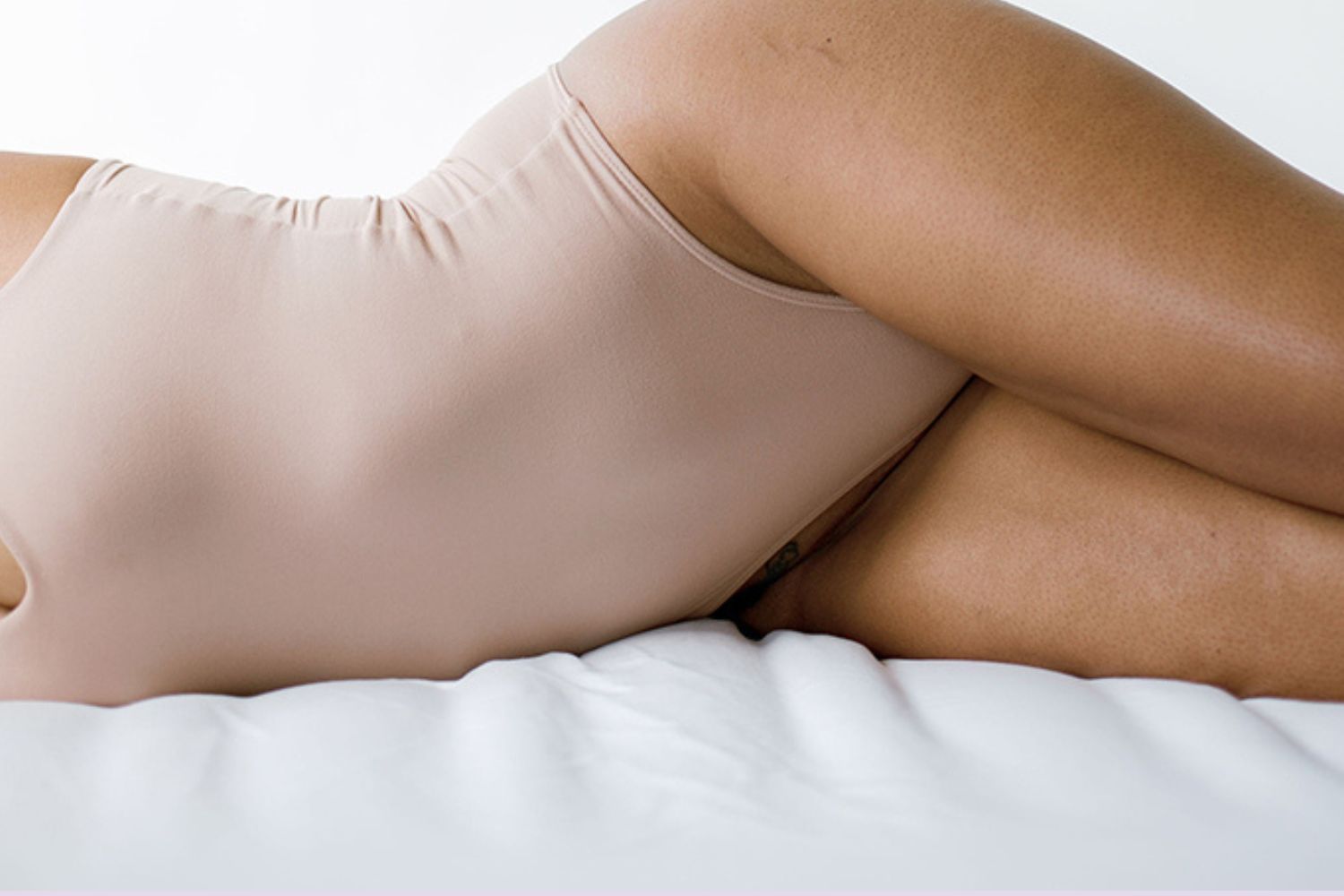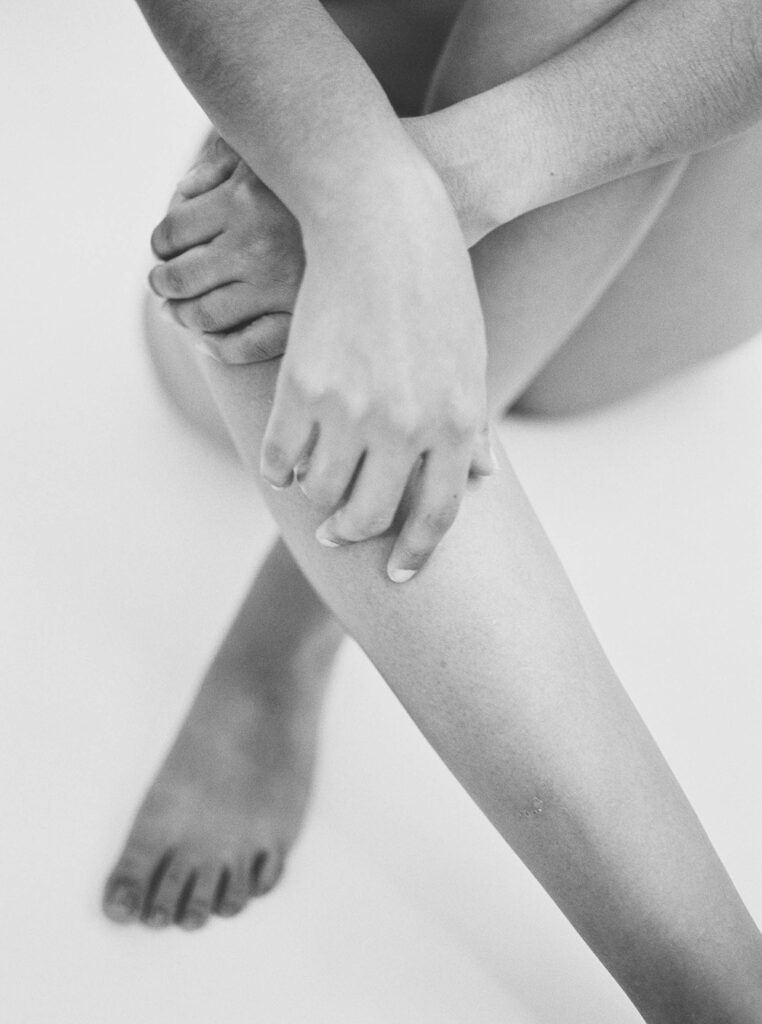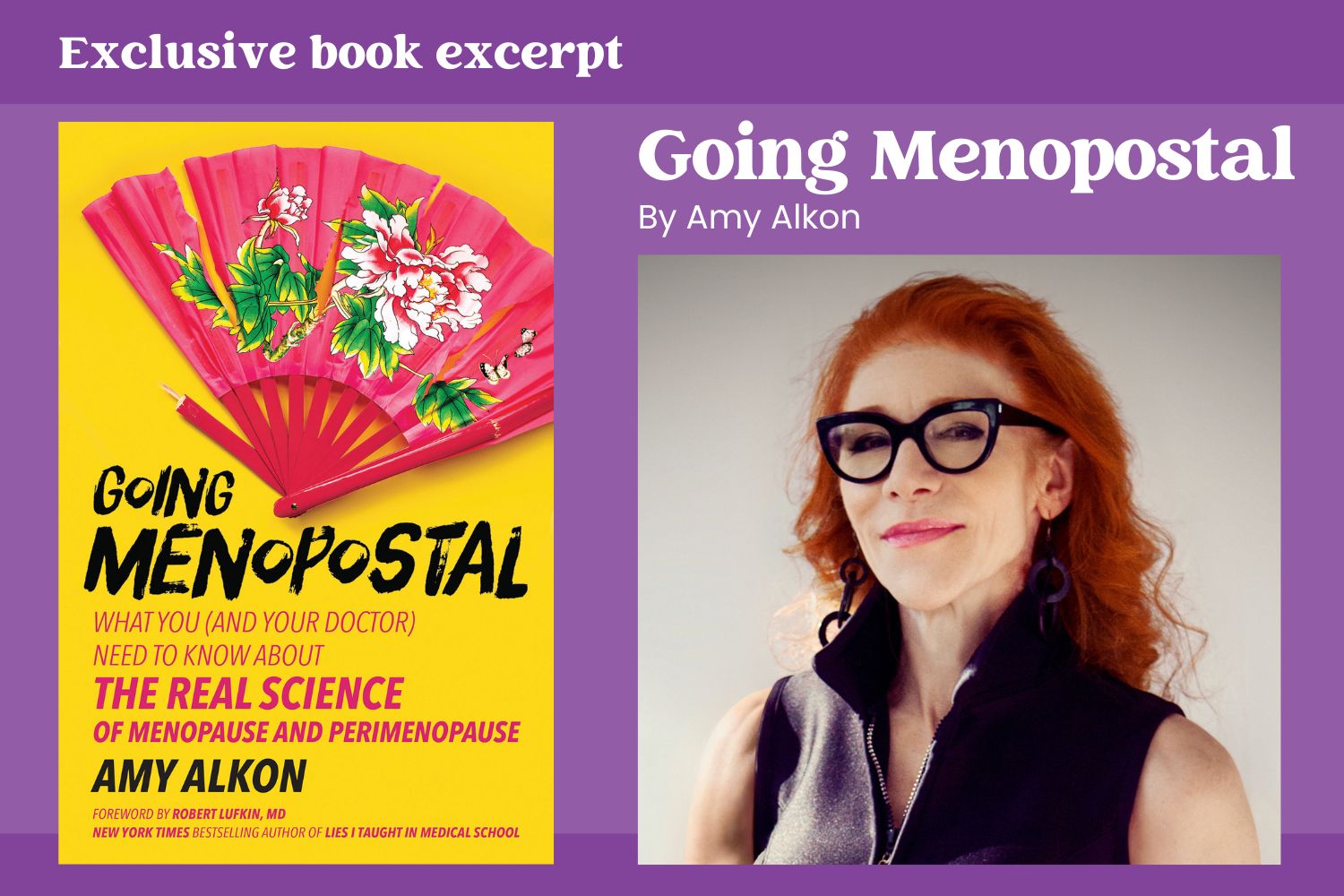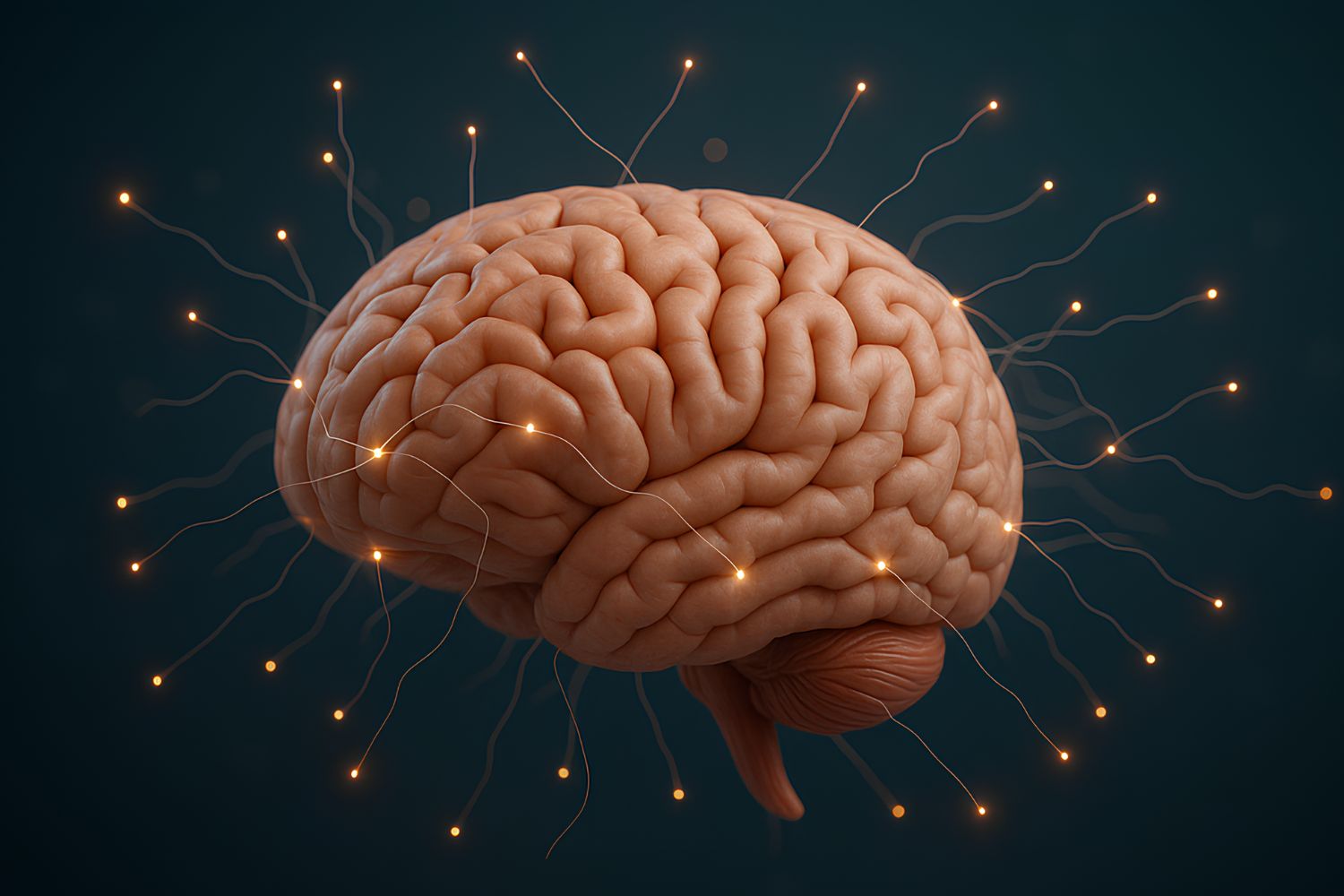
Meno-rexia: The alarming trend of eating disorders during peri/menopause
I always thought I was well past my adolescent eating disorder. But at 47, I started dieting intensely. Now I realise what might be prompting my preoccupation with calories and fat at this age.
Too old for eating disorders?
I found myself looking in the mirror again at 47, worrying about the changes in my physical appearance – the lines on my forehead, the weight that had accrued on my hips. Concerns about the perceived blandness of my physical features rose up within me like a tidal wave. Yet, I had forgotten about this stuff long ago. I immediately cast it off as a fluttering awareness of older age. I told myself to perk up and to stop the adolescent fantasy. I’m still on a diet, though, wondering why I care so much.
According to research, my fears aren’t just adolescent fantasies. As per the recovery blog, Eating Disorder Hope, a growing trend of older women, largely between 40 and 50 years old, at around 1 in 28 in the US, actively have eating disorders. The recovery centre also goes on to say that according to Kansas University research, 20% of middle-aged women in the US possess body dissatisfaction.
Emmett R. Bishop, MD, a founding partner and medical director of adult services at the Eating Recovery Center in Denver, expounds on the obvious reasons for eating disorders at this age: bodily changes beset by hormonal fluctuations, weight gain, and changes in all over physical features that ensue feelings of a loss of control.
I’ve always thought that because my eating disorder was eons ago, I’m now immune. I was 13, with severe anorexia, weighing an unbelievable 35 kilograms at 167 centimetres [about 77 lb. at 5’6’]. But I’m wrong. Statistics say that I’m more likely to develop an eating disorder in middle age because I once had a teen eating disorder.
A global obsession with age could be responsible for midlife eating disorders
I also can’t help to think that the catalyst for eating disorders in midlife is much deeper than weight. This time, I’m right. Women are also living in a time of weaponized language about age – to add, in a global context. Anti-aging rhetoric is no more prevalent than in the world of cosmetics and celebrity. Converted in the mind of the anorexic, where loss of control shapes their response, even anti-aging is brutally persuasive.
“Reducing visible aging and fine lines,” chants a L’Oreal ad for anti-aging cream. “Age-proof,” “age-defying,” and many anti-aging epithets describe the ways in which women are obliged to fend off the inevitable. Even the very word “concealer,” used to describe the job of foundation, is about “hiding” flaws and “concealing” ugliness.
If it’s not Ande Macdowell’s grey hair that’s problematic, it’s Meg Ryan’s alleged gaudy cosmetic surgery or Sarah Jessica Parker’s marked aging process. In truthful defiance, she retorts in US Magazine, “I have no choice. What am I going to do about it? Stop aging?”
It goes even further for Jessica Parker, who was touted the “No. 1 Unsexiest Woman Alive” by Maxim magazine. She is reputed as saying the poll was “brutal” and it even affected her husband Matthew Broderick.
But it’s the message to others that’s shattering, that says unattainable beauty leaves you open to social vigilance and vitriol. Although that comment could be politically motivated, perhaps where another didn’t get a movie part or Jessica Parker riled someone in some way. Who knows?
The power of pro-aging stances
Sure, you shouldn’t be listening to the antics of industries making money by leveraging the insecurities of vulnerable demographics. But still, these messages are impactful. Even Jamie Lee Curtis – a veteran A-lister with parentage and credentials to die for – has said a thing or two to counter anti-aging culture. Declares Lee Curtis in a 2022 interview with Shape Magazine:
“This word ‘anti-aging’ has to be struck. I am pro-aging. I want to age with intelligence and grace and dignity and verve and energy.”
Whether depicting overtly demeaning images of celebrities, or even the binary opposite – youthful maturity – age and beauty is still a fixation. In fact, idolizing those conforming to prescribed beauty standards is part of the problem. Again, if it’s not Helen Mirren’s defiance of age that’s so revolutionary – most likely genetic luck and income to spend on looks – it’s how amazing a string of other celebrities look for their age. But the comparison is unfair. Under hot lights, disguised by makeup with a six-digit income, enormous gulfs become obviously apparent. Naturally beautiful is rarely a non-contrived commodity.

The lesser-known realities of eating disorders
Coming back to the psychology behind anorexia, other more pressing concerns also agitate perhaps a pending trajectory. UHH Hospital article,”Eating Disorders: A Growing Concern for Women in Midlife,” confirms this, outlining how “stressful life events” can trigger eating disorders. Women of middle age may have faced divorce, custody battles, the legacy of old relationships, the brunt of infidelity, child-rearing and parenting concerns, career trajectories and disappointments, and even fears of mortality, especially when parents have passed away. Deeper eating disorder psychology is as much about all-over control as it is about all-over beauty.
Eating disorders are also incredibly unhealthy in unapparent ways. Fending off starvation and maintaining homeostasis by clinging to fats, anorexia induces high cholesterol. You’re more vulnerable to disease with a lowered immune system in starvation mode, and some sufferers have died of heart failure. Despite the glorification of thinness, it’s a devastating mental illness that kills you. The UHH Hospital blog lists many more concerning complications such as diabetes, pancreatitis, and bone density loss due to malnutrition.
Due to the age bracket, the blog also states that women of this age band are less likely to bounce back. Weight and body image have also become a precipitating factor in illicit drug use, where some women have actually died from drug overdoses.
I remember back
I see my fragile, thin arms reaching up to the clothesline to peg the linen on. My hair was brittle and my face looked older than anyone I knew. I had scabs and sores on my legs from where I’d been horse riding, where holding the reins on my steed, who could sense something was up, was akin to lifting a tonne. I think I’ll step away from the mirror now, be as healthy as I can, and count my blessings because I’m not sure it’s a road I want to be on.
Editor’s note
If you’re living with an eating disorder, you’re NOT alone. Overeaters Anonymous (OA) is available in over 40 countries to help people with compulsive overeating – as well as other eating disorders like anorexia and bulimia – and has helped members of The Midst in their recovery.



